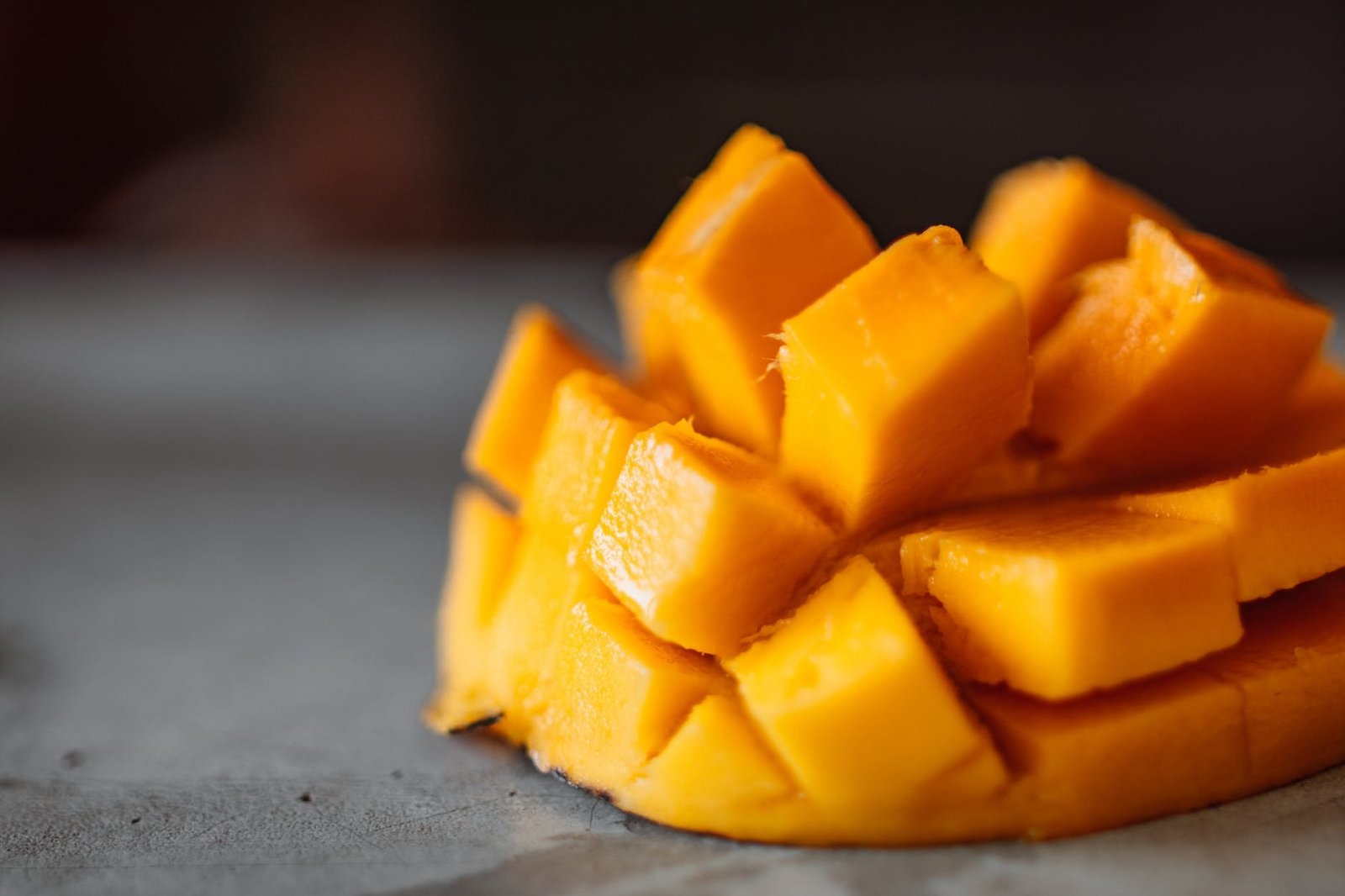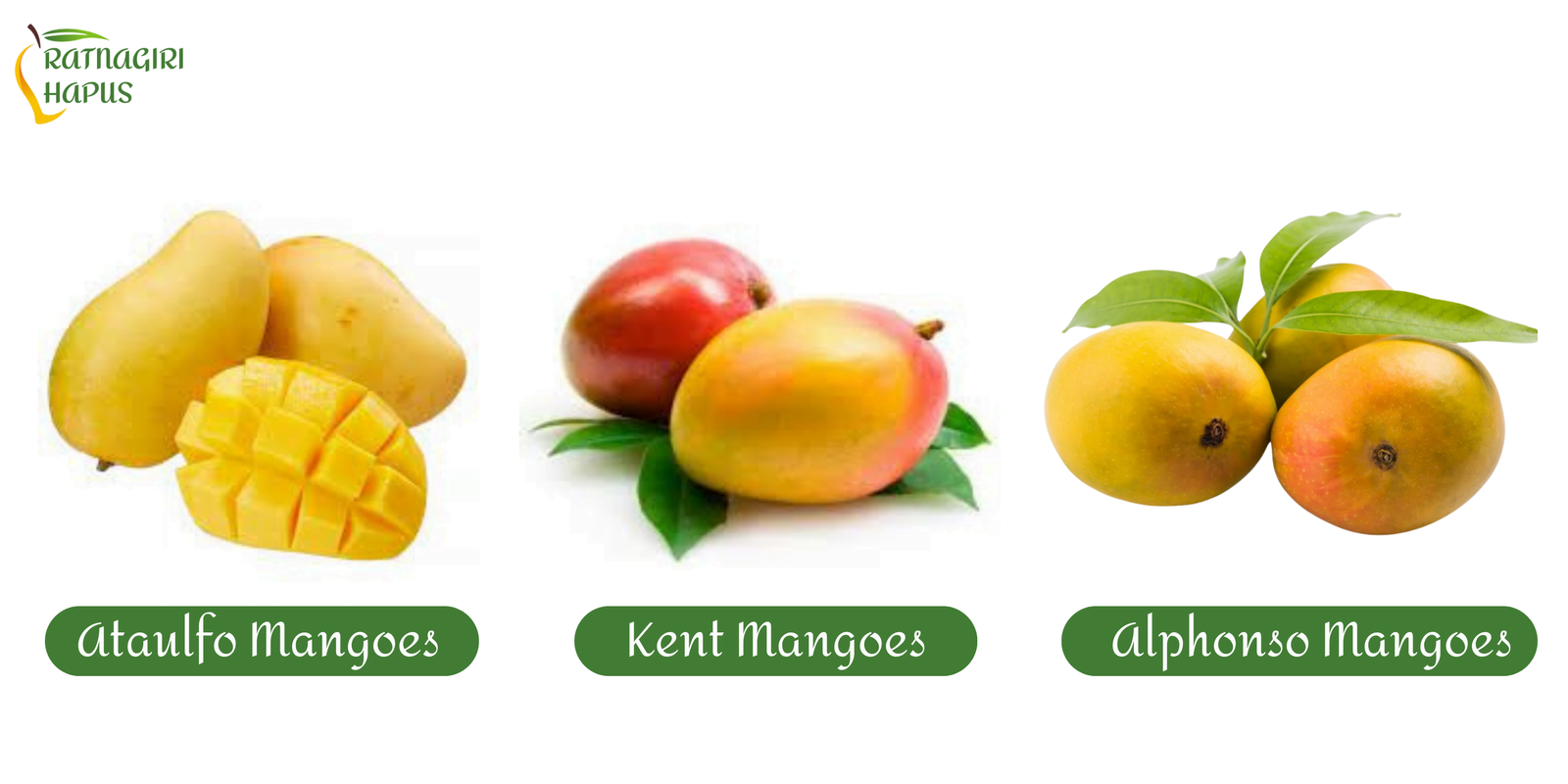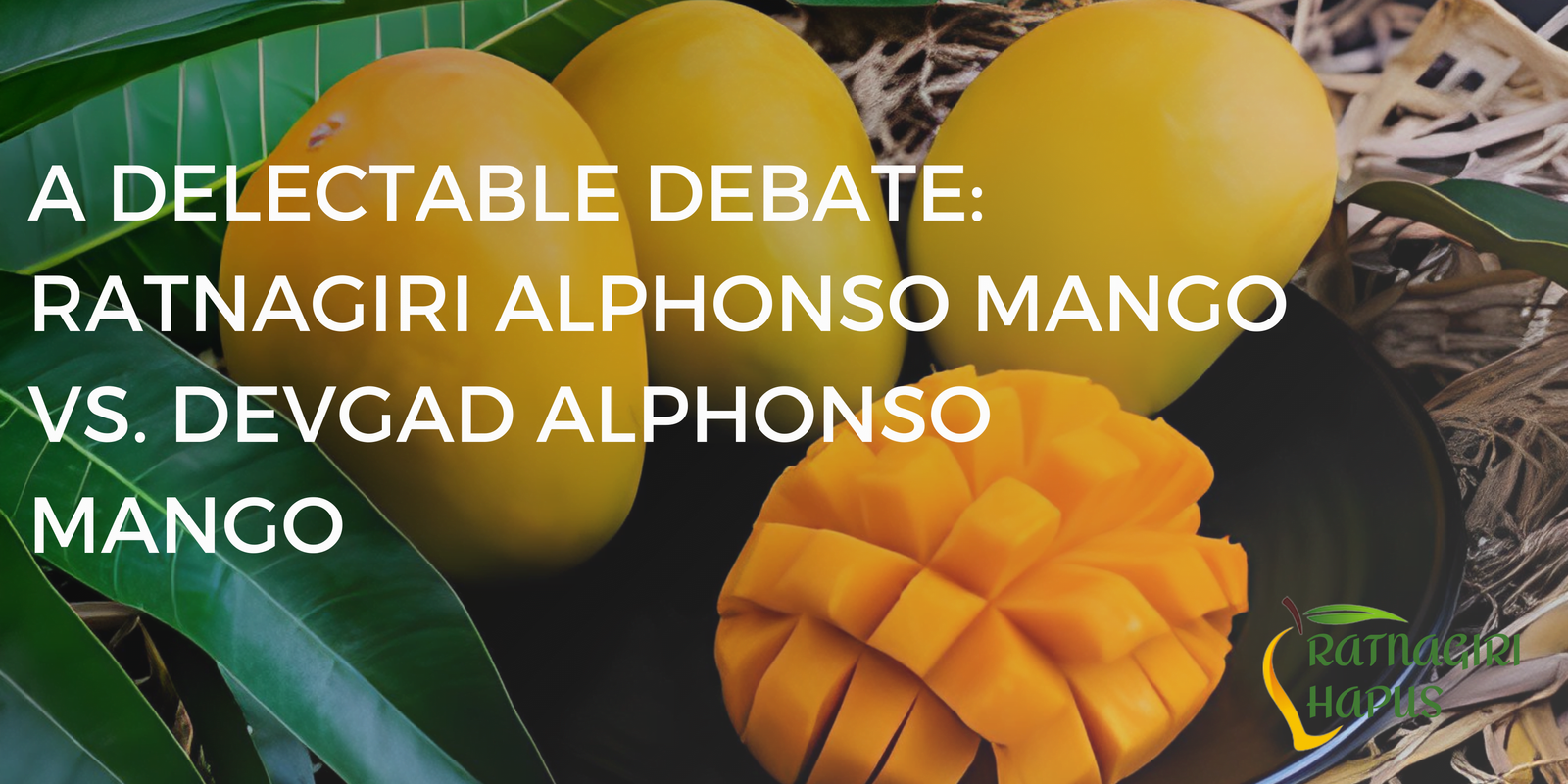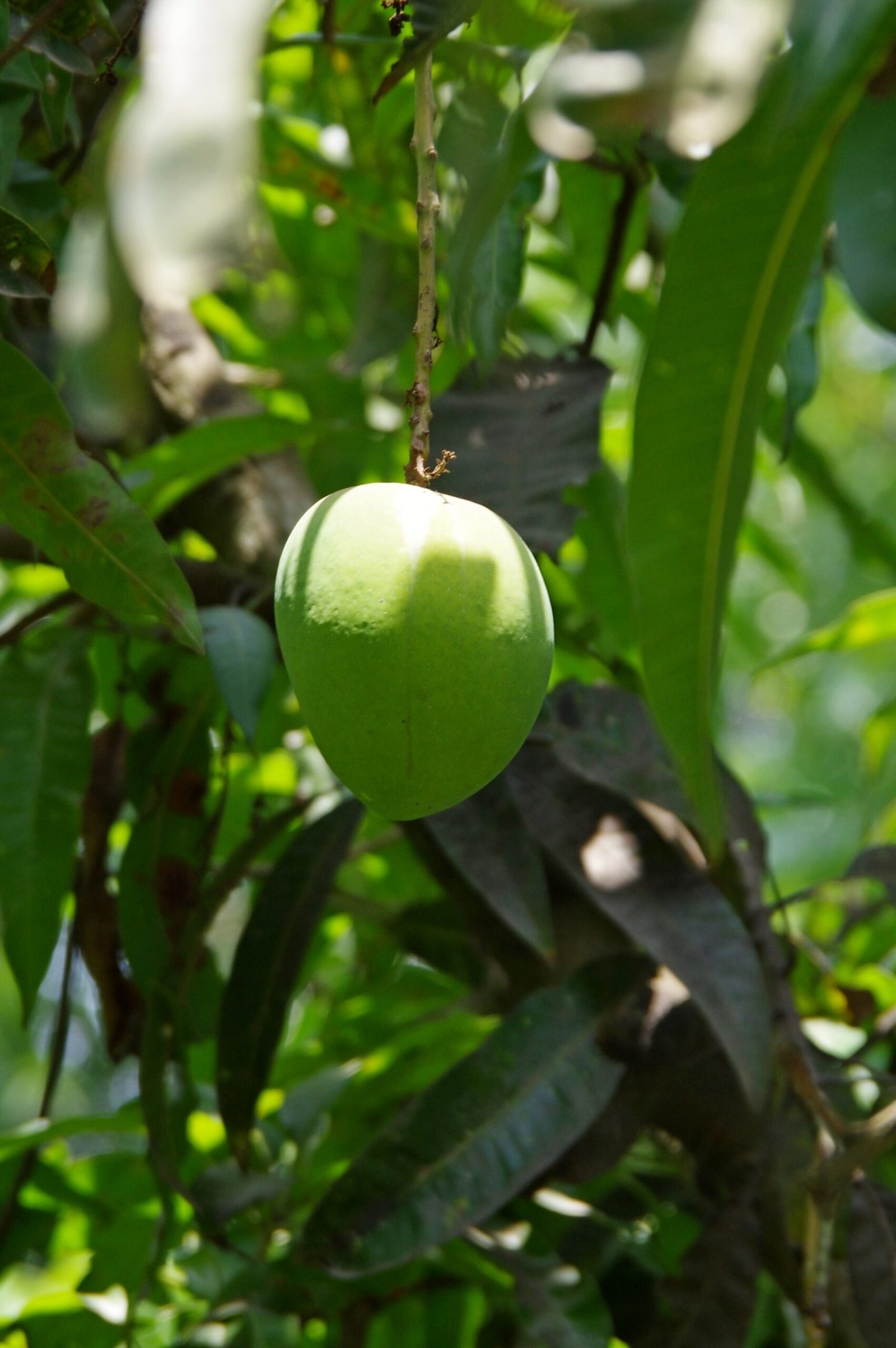
Are you tired of the same old mango varieties? If you’re looking to explore new tropical delights, then get ready for a burst of flavor with our article on lesser-known mango varieties. In this juicy read, we’ll take you on a tantalizing journey through unique flavors and characteristics that will leave your taste buds begging for more.
From the exotic fragrance of the Alphonso mango to the vibrant hues and tangy flavor of the Kesar mango, we’ll introduce you to a paradise of mangoes you might not have heard of before. Discover the velvety sweetness of the Ataulfo mango, or the zesty punch of the Francis mango – there’s a world of tantalizing options waiting for you to explore.
Our team of experts has tirelessly researched and tasted these delightful fruits to bring you the most comprehensive guide on lesser-known mango varieties. Whether you’re a mango aficionado or just curious about expanding your palate, this article is the ultimate resource to satisfy your mango mania.
Join us as we unravel the secrets of these hidden gems and get ready to embark on a mango adventure like no other. Let the mango mania begin!
Mango Mania: Discover the Unique Flavors and Characteristics of Lesser-Known Mango Varieties
Are you tired of the same old mango varieties? If you’re looking to explore new tropical delights, then get ready for a burst of flavor with our article on lesser-known mango varieties. In this juicy read, we’ll take you on a tantalizing journey through unique flavors and characteristics that will leave your taste buds begging for more.
From the exotic fragrance of the Alphonso mango to the vibrant hues and tangy flavor of the Kesar mango, we’ll introduce you to a paradise of mangoes you might not have heard of before. Discover the velvety sweetness of the Ataulfo mango, or the zesty punch of the Francis mango – there’s a world of tantalizing options waiting for you to explore.
Our team of experts has tirelessly researched and tasted these delightful fruits to bring you the most comprehensive guide on lesser-known mango varieties. Whether you’re a mango aficionado or just curious about expanding your palate, this article is the ultimate resource to satisfy your mango mania.
Join us as we unravel the secrets of these hidden gems and get ready to embark on a mango adventure like no other. Let the mango mania begin!
Popular mango varieties around the world
Mangoes are beloved fruits that have captured the hearts of people all over the world. From the juicy and sweet Tommy Atkins mangoes commonly found in the United States to the aromatic and tropical Kent mangoes popular in the Caribbean, there is a wide range of mango varieties to choose from.
In India, the Alphonso mango reigns supreme with its exotic fragrance and rich, buttery flavor. This variety has been dubbed the “King of Mangoes” and is highly sought after for its unparalleled taste. The Kesar mango, on the other hand, is known for its vibrant orange color and tangy flavor, making it a popular choice for chutneys and desserts.
In Southeast Asia, the Thai mango steals the show with its sweet and sour taste, while the Philippine Carabao mango boasts a distinctive honey-like flavor. As you can see, mangoes come in all shapes, sizes, and flavors, each with its own unique characteristics.
Lesser-known mango varieties and their unique flavors
While the aforementioned mango varieties are well-known and widely available, there are some hidden gems that are lesser-known but equally delicious. Let’s dive into the world of these lesser-known mango varieties and discover their unique flavors.
One such variety is the Ataulfo mango, also known as the “Champagne mango.” This small, yellow mango is incredibly sweet and has a velvety texture that melts in your mouth. Its flavor profile is often described as a mix of honey, apricot, and citrus, making it an absolute delight to eat on its own or use in tropical fruit salads.
Another lesser-known variety is the Francis mango, which hails from Haiti. This mango is larger in size and has a bright yellow skin with a reddish blush. The flesh is deep orange and has a zesty, tangy flavor that is both refreshing and addictive. It’s perfect for making mango salsas, smoothies, or even adding a tropical twist to your grilled chicken.
Characteristics and appearance of lesser-known mango varieties
Apart from their unique flavors, lesser-known mango varieties also exhibit distinct characteristics and appearances. Take the Ataulfo mango, for example. It is smaller in size compared to other varieties, with a smooth, thin skin that turns from green to golden yellow as it ripens. The flesh is fiberless, buttery, and has a vibrant yellow color.
On the other hand, the Francis mango stands out with its large size and striking appearance. Its skin is a combination of yellow and red, giving it a vibrant and eye-catching look. The flesh is juicy, tender, and has a deep orange color that is visually appealing. These characteristics not only make these mangoes a treat for the taste buds but also a feast for the eyes.
Health benefits of eating mangoes
Mangoes are not only delicious but also packed with nutrients that offer numerous health benefits. These tropical fruits are rich in vitamins A and C, which are essential for maintaining healthy skin and boosting the immune system. They also contain dietary fiber, which aids in digestion and helps prevent constipation.
In addition, mangoes are a good source of antioxidants, such as beta-carotene and zeaxanthin, which can help protect against various diseases and promote eye health. The high water content in mangoes also helps keep the body hydrated, especially during hot summer months.
How to choose and store lesser-known mango varieties
Choosing and storing mangoes properly is essential to ensure that you get the best flavor and texture. When selecting lesser-known mango varieties, look for fruits that are slightly soft to the touch but not mushy. Avoid mangoes with wrinkled or bruised skin, as this may indicate overripeness or damage.
To store mangoes, keep them at room temperature until they reach the desired ripeness. Once ripe, you can transfer them to the refrigerator to slow down the ripening process and extend their shelf life. However, keep in mind that refrigeration can affect the texture and flavor of mangoes, so it’s best to consume them within a few days.
Cooking and baking with lesser-known mango varieties
Mangoes are incredibly versatile fruits that can be used in a variety of culinary creations. From savory dishes to sweet treats, lesser-known mango varieties can add a burst of flavor and tropical flair to your cooking and baking.
For savory dishes, try incorporating mangoes into salsas, salads, or grilled dishes. The tangy and sweet flavors of mangoes pair well with spicy and savory ingredients, creating a refreshing and vibrant combination. You can also use mango puree as a marinade or glaze for meats or seafood, adding a tropical twist to your favorite recipes.
When it comes to baking, mangoes can take your desserts to a whole new level. Use them in pies, tarts, cakes, or muffins for a burst of natural sweetness. Mango puree can also be used as a replacement for butter or oil in certain recipes, adding moisture and a tropical flavor to your baked goods.
Mango festivals and events
If you’re a true mango enthusiast, you’ll be delighted to know that there are numerous mango festivals and events held around the world to celebrate these luscious fruits. These festivals offer a chance to taste different mango varieties, learn about their cultivation, and participate in fun activities and competitions.
One such festival is the International Mango Festival held annually in Miami, Florida. This two-day event showcases over 400 varieties of mangoes from around the world and includes mango tastings, cooking demonstrations, and live music. It’s a paradise for mango lovers and a great opportunity to discover new flavors and mango-related products.
Where to buy lesser-known mango varieties
Finding lesser-known mango varieties can be a challenge, especially if you live in a region where they are not commonly available. However, with the rise of online shopping, it’s now easier than ever to get your hands on these exotic fruits.
There are several online retailers that specialize in tropical fruits and offer a wide selection of mango varieties. Look for reputable sellers that source their mangoes from trusted growers to ensure freshness and quality. You can also check with local farmers’ markets or specialty grocery stores, as they may carry lesser-known mango varieties during the peak season.
Conclusion: Exploring the world of lesser-known mango varieties
In conclusion, mangoes are a tropical delight that comes in a wide range of flavors, colors, and textures. While popular varieties like Alphonso and Kesar mangoes are widely known, there is a whole world of lesser-known mango varieties waiting to be discovered.
From the velvety sweetness of the Ataulfo mango to the zesty punch of the Francis mango, each variety offers a unique taste experience that will leave you craving more. Whether you’re a mango aficionado or simply looking to expand your palate, exploring the world of lesser-known mango varieties is a journey worth taking.
So, next time you’re at the grocery store or browsing online, consider adding some lesser-known mango varieties to your shopping cart. Let your taste buds embark on a mango adventure like no other, and immerse yourself in the world of mango mania. Your tropical taste buds will thank you.








